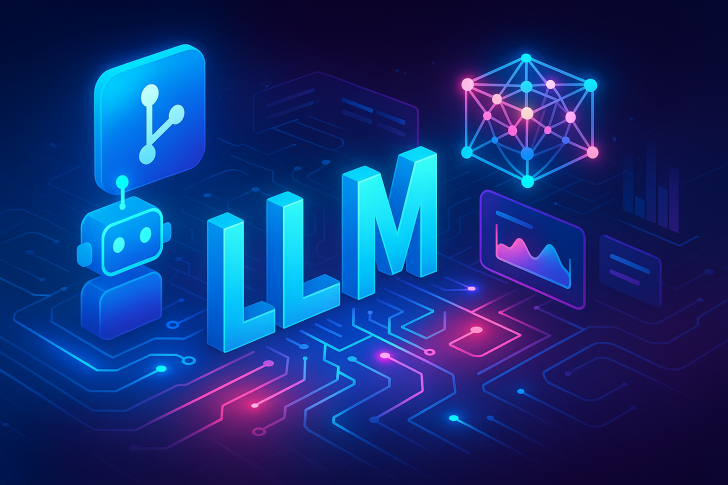⬤ The AI development community is taking notice of dLLM, a new open-source library that brings together everything needed to build and train diffusion-based language models in one place. Think of it as doing for diffusion models what Hugging Face accomplished for transformers—giving developers a central hub for setup, testing, and deployment. Until now, AI engineers working with diffusion architectures had to juggle disconnected tools and rebuild research implementations from scratch, making the whole process unnecessarily complicated.
⬤ Diffusion models work differently from traditional language systems. Instead of generating text token by token, they refine entire sequences through multiple iterations, giving developers more flexibility for editing and better control over output quality. The catch has always been implementation—teams needed to piece together various tools and recreate complex research workflows just to get started. dLLM changes that by packaging scalable training support with LoRA, DeepSpeed, and FSDP, plus unified evaluation that handles inference complexity behind the scenes. The library comes with ready-made recipes for pretraining, finetuning, and evaluation.
⬤ The release includes working implementations of models like LLaDA and Dream, along with training algorithms such as Edit Flows that handle insertion, deletion, and substitution operations. There's also something interesting happening with ModernBERT-Chat models, which demonstrate that BERT can be turned into lightweight chatbots using masked instruction tuning. Setup works whether you're running locally through Accelerate or scaling up to multi-node environments with Slurm.
⬤ What makes this matter is how it removes friction from experimenting with diffusion-based language models, an area that's been gaining momentum in AI research. By pulling together infrastructure and simplifying training pipelines, dLLM could speed up adoption of alternative model architectures and reshape how teams approach building and refining next-generation language systems.
 Eseandre Mordi
Eseandre Mordi

 Eseandre Mordi
Eseandre Mordi


